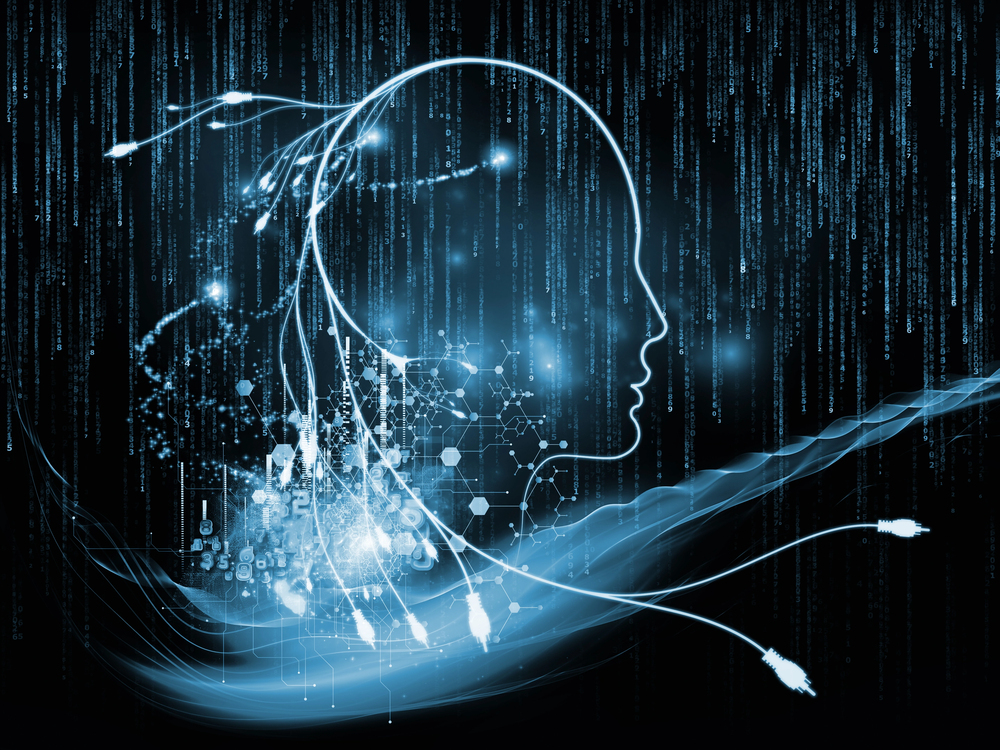My husband and I both recently read Sal Khan’s new book Brave New World: How AI Will Revolutionize Education. In the book he explores the transformative potential of artificial intelligence (AI) in education.
The vision Khan lays out is highly relevant for our school as our model is already at the forefront of innovative learning. Our mission aligns well with Khan’s vision, making it an ideal setting to explore the integration of AI in education. This blog post delves into how AI can revolutionize learning at Acton Academy, drawing on insights from Khan’s book.
The Acton Academy Model
Acton Academy, founded on the principles of learner-driven education, emphasizes personalized learning, Socratic discussions, and real-world projects. The model prioritizes agency, curiosity, and a love for learning over traditional metrics of success.
Students, referred to as “learners,” embark on individual learning journeys guided by their interests and goals. This learner-centric approach sets the stage for integrating AI to enhance and personalize the educational experience further.
AI’s Potential in Personalized Learning
One of the most significant advantages of AI in education is its ability to provide personalized learning experiences. Sal Khan highlights how AI can adapt to the unique needs of each student, offering tailored content and feedback. At Acton Academy, this could mean AI-driven platforms that analyze each hero’s progress, strengths, and areas for improvement, providing customized learning paths and resources.
Imagine an AI tutor that recognizes when a student is struggling with a particular concept in math and adjusts the difficulty of problems accordingly or suggests alternative resources to help them understand. (We’ve been testing this with our own kids this summer!)
This kind of responsive learning environment ensures that no student is left behind and that each hero can progress at their own pace.
Enhancing Socratic Discussions
Socratic discussions are a cornerstone of Acton Academy’s philosophy, fostering critical thinking, communication, and collaboration. AI can augment these discussions by providing data-driven insights and diverse perspectives. AI tools can analyze the dynamics of these discussions, identifying patterns and suggesting ways to deepen the conversation or address gaps in understanding.
Real-World Projects and AI Integration
Real-world projects are another hallmark of Acton Academy’s approach, emphasizing hands-on learning and problem-solving. AI can play a crucial role in these projects by offering tools for research, data analysis, and simulation. Students can use AI-powered software to gather and analyze data for a science project, create detailed models for engineering tasks, or even develop their own AI applications.
Moreover, AI can facilitate collaboration on these projects. Virtual assistants can help manage project timelines, assign tasks based on individual strengths, and monitor progress. This allows students to focus more on the creative and critical aspects of their projects, leveraging AI as a powerful support tool.
Overcoming Challenges and Ethical Considerations
While the potential benefits of AI in education are immense, it is essential to address the challenges and ethical considerations. Privacy concerns, data security, and the potential for bias in AI algorithms are significant issues that need careful management. Acton Academy, with its emphasis on ethical leadership and responsibility, is well-positioned to navigate these challenges.
Implementing AI at Acton Academy requires transparent policies and practices to ensure data is used responsibly and ethically. Educators and students should be involved in discussions about AI’s role in their learning environment, fostering a culture of awareness and accountability.
Preparing Students for the Future
Sal Khan’s Brave New World envisions a future where AI not only enhances education but also prepares students for a rapidly changing world. Acton Academy’s mission to equip heroes with the skills and mindset for the 21st century aligns perfectly with this vision. By integrating AI, Acton Academy can provide students with hands-on experience with cutting-edge technology, preparing them for careers in a digital economy.
Furthermore, learning to work alongside AI can teach students critical skills such as adaptability, problem-solving, and ethical reasoning. These skills are essential for thriving in a future where AI and humans will increasingly collaborate in various fields.
Conclusion: A New Horizon for Acton Academy
The integration of AI in education, as envisioned by Sal Khan in Brave New World, offers exciting possibilities at our school. By embracing AI, we can enhance personalized learning, deepen Socratic discussions, and elevate real-world projects, all while preparing students for the future.
However, this integration must be approached thoughtfully, with a strong emphasis on ethics and inclusivity and simple testing to see what works and what doesn’t.
The brave new world of AI in education is not just a possibility but a reality waiting to be embraced, and Acton Academy is poised to lead the way.
